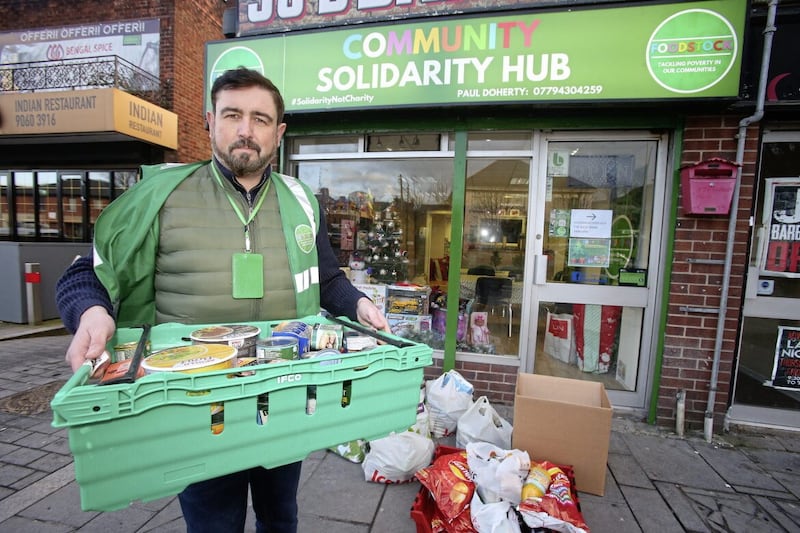MORE than 5,000 children were living in temporary accommodation in Northern Ireland in April, according to new figures released by the Department for Communities.
It was recently disclosed that the department’s homelessness budget is facing a £13m shortfall and that spend on prevention has declined over the last five years.
The statistics show that in the six months to March 2024 more than 8,400 households presented as homeless, 67% of which were accepted.
By the end of April 2024, 4,784 households were living in temporary accommodation, including 5,106 children.
More than 60% of which are aged nine and under.
Numbers have increased by 110% since January 2019 when just over 2,400 children were living in temporary accommodation.
The number of households in temporary accommodation has more than doubled in that period, with spend soaring from £5.8m to £34.5m.
According to DfC’s budget consultation published earlier this week the homelessness budget is facing a £13.1m shortfall, with only £7.2m allocated towards basic prevention.
The bulk of the £31.4m budget will be spent on temporary accommodation.
The department said it was working with the housing executive to “control spending” on temporary accommodation but added that a statutory requirement to provide accommodation to households deemed homeless means that this spend was prioritised and savings achieved elsewhere, and “in particular [on] longer term preventative work”.
Data released by the department in response to am Assembly question from Alliance MLA Kellie Armstrong shows that spending on prevention has declined in the last five years.
It has seen its overall budget allocation drop from 26% in 2019/20 to just under 14% in 2023/24.
Ms Armstrong said: “If there was a clear objective to reduce homelessness in the Programme for Government, it would enable all government departments to proactively work to prevent homelessness.
“The amount of money for new build homes is far below what is needed to meet targets set down in the housing supply aims.”
Social housing provision is also set to take hit after after a 38% capital budget cut saw communities minister Gordon Lyons cut the number of planned new social builds by 80%.







